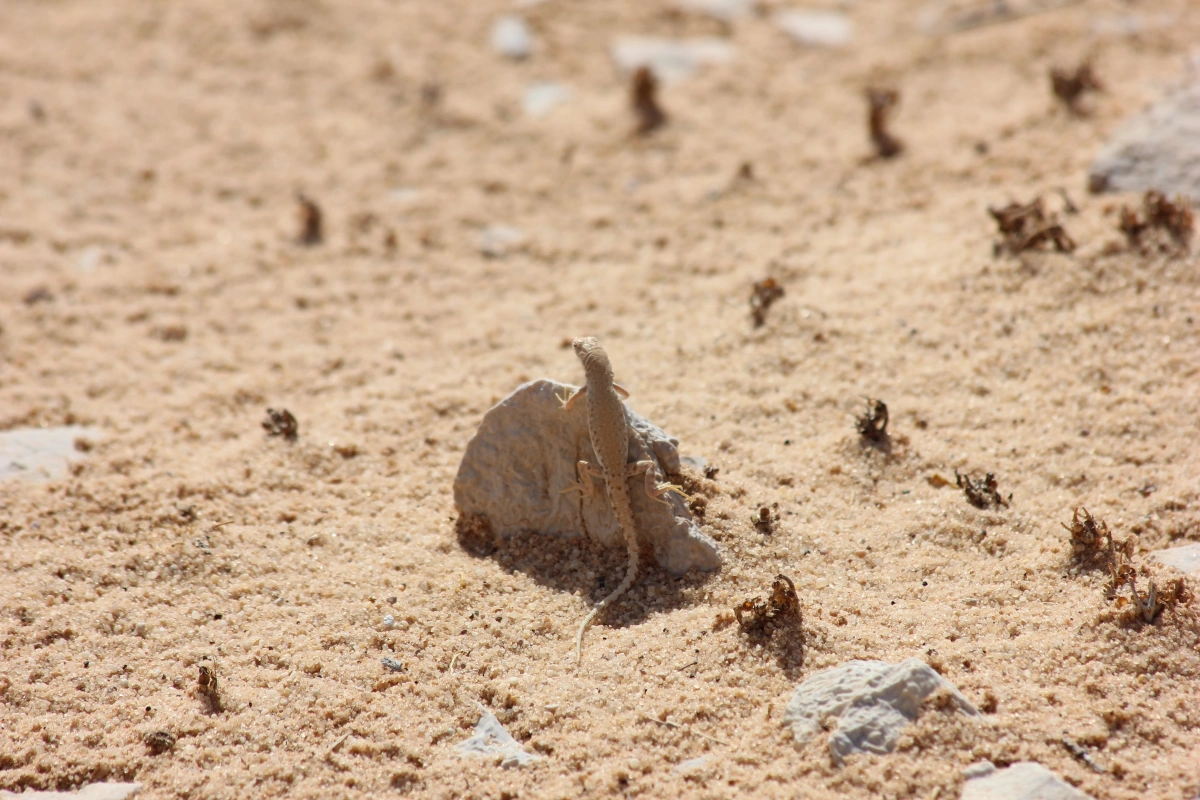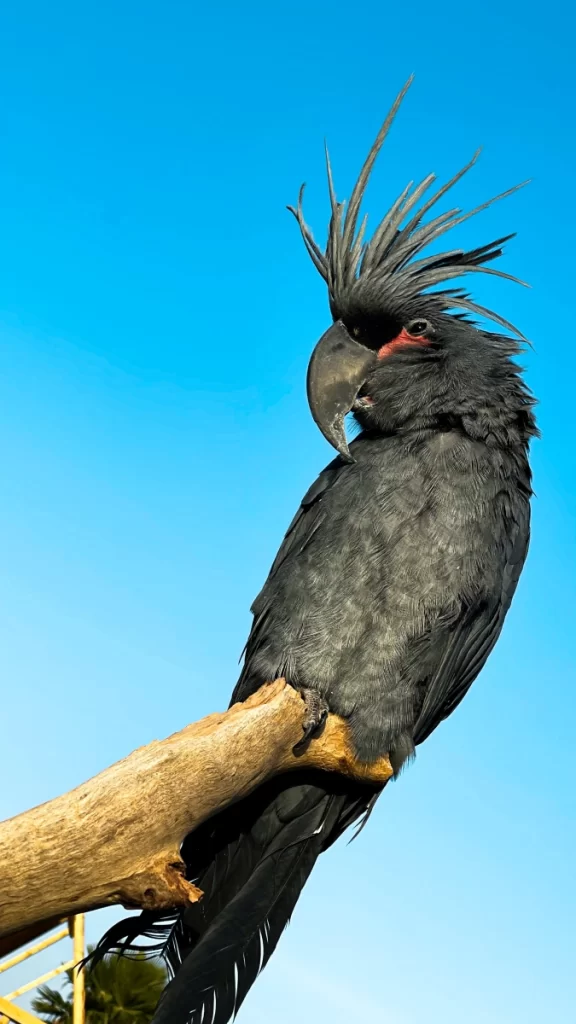
A vision for ecology in Saudi Arabia
The last few years have taught us that human beings rely on each other. We felt our isolation; we realized how interconnected we are. We looked to other people, whether drivers to provide us with supplies during lockdown, friends and family to keep our spirits up when we were sick, or scientists to develop a vaccination that could help get life back to normal. An awareness of this cast an even greater focus on our relationships, not only with each other, but with the world: nature, and the ecosystems that sustain us.
Our lives depend on the natural resources provided by our environment, and on maintaining balance in our ecosystem by preserving biodiversity and protecting species from extinction.
Ecology is the study of how organisms interact with their environment. It encompasses everything from how plants and animals create habitats to understanding the way pollution affects ecosystems.

Saudi Arabia’s natural biodiversity is rich and varied, a result of its unique location between Africa and Eurasia, with a number of different ecosystems – sandy and rocky deserts, mountains, plains, the coastal strip, and salt pans – contributing to the wealth of the kingdom, providing jobs for thousands of people, and playing an important role in improving people’s health and well-being. 500 bird species, 62 mammals species, 11 amphibians species, 23 reptile species, 7 fish species have been recorded in the Kingdom.
There are over 100 different kinds of snakes and lizards, while about 130 species of marine fish live in the Arabian Gulf waters. Of the 2250 species of flowering plants in the country, 450 are directly beneficial to humans.
Saudi is home to the adorable but predatory sandcat, one of the fastest species of dog in the world, the Arabian gazelle – once on the verge of extinction – and the Hamadryas baboon, which travels in packs of hundreds. And because of the challenging nature of our environment, new species are even now being discovered in Saudi ecosystems.
But the ecology of Saudi Arabia is changing rapidly. Since the 1980s, the population in Saudi Arabia has tripled, with major cities experiencing urban sprawl and desertification as a result of intensive agriculture activities and habitat destruction. And while these changes are happening locally, the worldwide effects on the environment and on society are far-reaching.
So, Saudi Arabia is looking to create a more sustainable future for the country and its people. The government is implementing a number of initiatives to achieve this goal, including creating an ecology-friendly economy. Saudi Arabia Vision 2030 aims to strengthen the country’s economic and social development by promoting environmental sustainability. The vision highlights the importance of environmental protection and conservation and encourages sustainable practices throughout the economy and across society as a whole.
The Ministry of Environment and Water is implementing numerous projects to support Vison 2030. The Green Cities Initiative in cities like Riyadh, Jeddah, and Madinah, where population density is high; the Eco City project, where Saudi cities will have “abundant vegetation, parks, recreation areas and other greenery; greater pedestrian accessibility and improved traffic systems; and a developing ecosystem with renewable sources of energy”; the National Plan for Combating Desertification, aimed at reversing the effects of climate change and desertification. The wider plan includes the development of sustainable agriculture and renewable energy sources. It also aims to promote the use of recycled water and environmentally friendly technology. The National Initiative for Revitalizing Al-Ahsa Oasis will restore Al-Ahsa Oasis, a UNESCO World Heritage Site, by planting trees and creating water ponds.
As an environmental consultancy, and on a personal level, the team at Staterra fully supports and aligns itself with this vision. Our intimate and wide-ranging understanding of the local ecology, coupled with our equally in-depth knowledge of the regulatory environment, places us perfectly to help you undertake ecological surveys and assessments in the most efficient way possible. We – and our clients – can take steps to protect Saudi Arabia’s ecology for future generations, while helping to build a better future for ourselves and those we serve.
